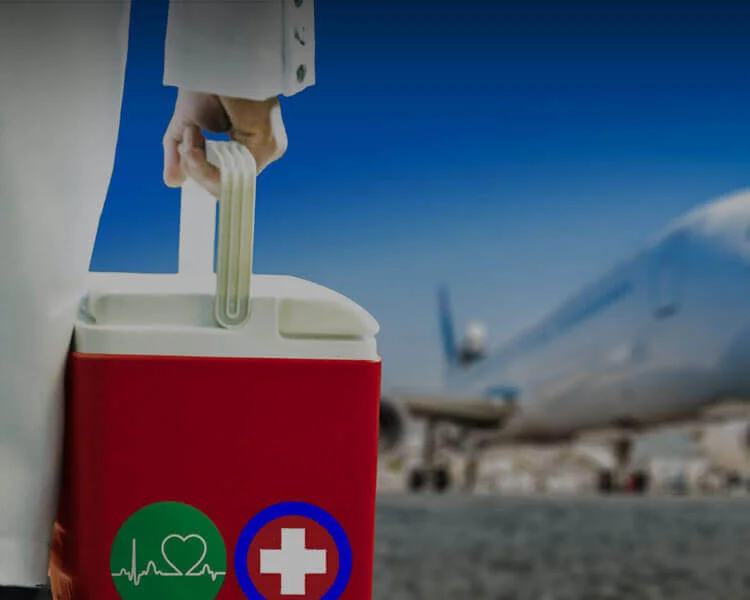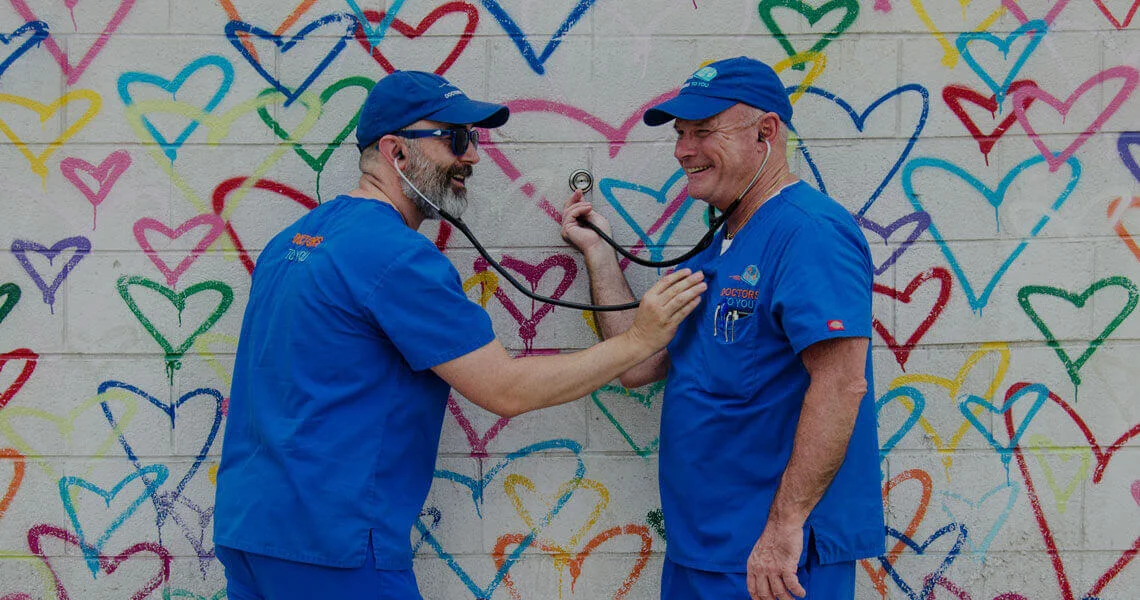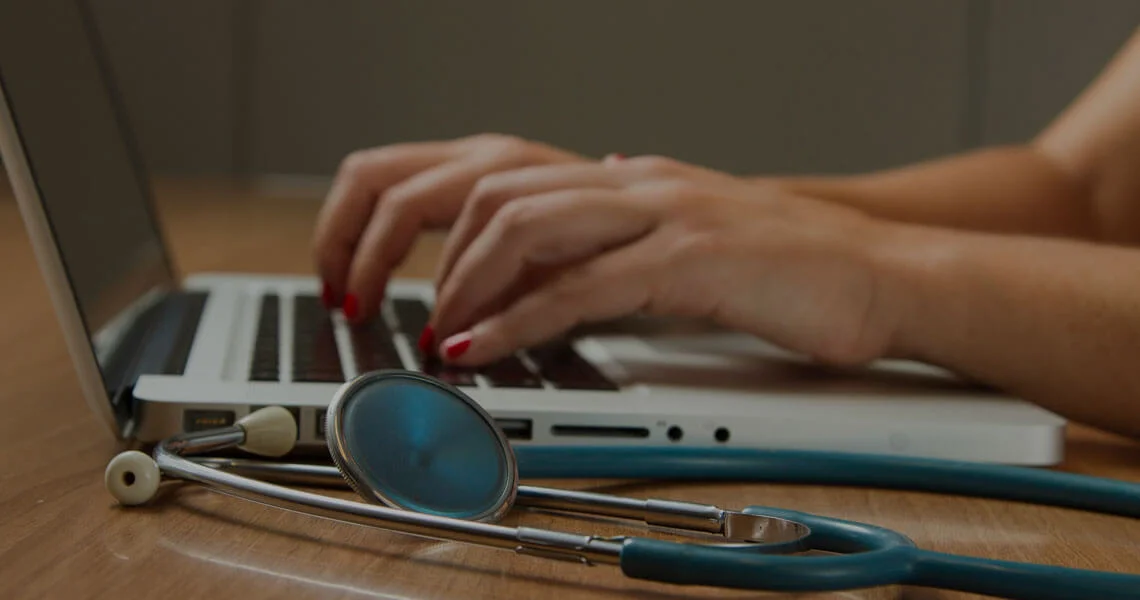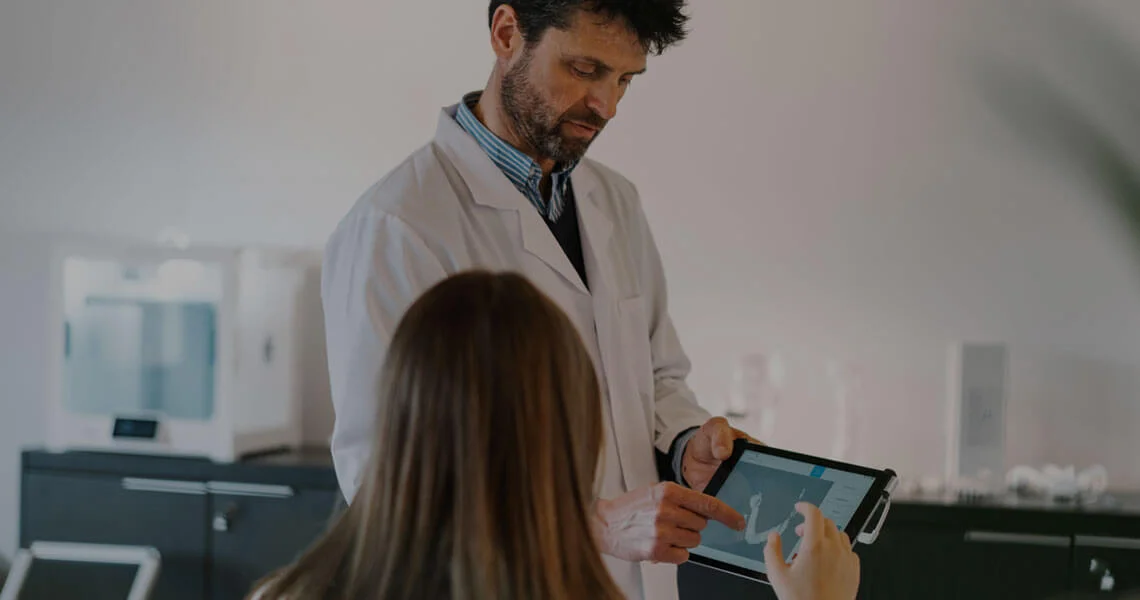Challenge
Our Australia based client is a renowned healthcare service provider in maintaining information about patients and their organs and tissues in the hospital’s legacy database system. The client faced issues in matching and ensuring the best possible fit for the organ or tissue to be donated. During this donation process, their legacy system was challenged with multiple issues such as unfriendly, & non-scalable platform, underperforming features, and complex maintainability. Therefore, the client was looking to develop a new application that is scalable, user-friendly, improved performance, more resilient, and easy to maintain for healthcare companies.
Key challenges of the project were:
- To simplify the architectural design so as to make it scalable, easily maintainable, and secure.
- To securely store large amounts of data and make it accessible to meet the performance criteria.
- To enhance data quality and improve accuracy
- To develop various reports for better visualization of data and its processing within the application.
- To audit and validate erroneous data so that it does not lead to the mismatch of human organs or tissues.
Expertise
-
Tools & Technology
SharePoint 2016 • JavaScript • jQuery • C# • CSS3 • HTML • Rest API • CSOM • SQL • SSRS
Solution
Considering the criticality of the project on conforming the best match to human organs or tissue, we developed it meticulously. C# along with SharePoint was our first choice for such a critical application. This application was meant to capture accurate data of human organs and tissue. We bifurcated the process into two steps.
- First is to collect information related to a donor and the second step is the retrieval process of organs from the donor.
- Along with the organ donation process, this application will also maintain records of tissues donated by a living or deceased donor
Key Features of the application
Referral and Retrieval Dashboard
Referral Log form is used by the health-care staff to document the donation process in real-time by collecting patients’ medical information. This form logs details of the donor including family conversation, patient’s demographic, clinical data, clinical conditions, and other details. We have also provided a retrieval form option where users can log details related to Retrieval Information, Donation Activity, Organs and Tissues Information, Transplant Issues. Clinical Timelines and Retrieval Status.
Education Reporting Dashboard
This module gathers the details related to educational sessions provided by staff to clinicians, healthcare professionals, and community members across NSW.
Tissue Bank Database
Tissue bank module is mainly divided into two parts as below i.e. Deceased donation and Living donation.
Deceased Donation Module
This module is further divided into two parts as below, i.e. Deceased Referral and Musculoskeletal & Skin Donors.
Deceased Referral
This sub-module gathers all the details related to “Patient” and “Consent and Donor Assessment”
Musculoskeletal & Skin Donors
This sub-module gathers all the details related to Deceased Donor Information, MSK Tissue Retrieval & Assessment, Skin Tissue Retrieval & Assessment, MSK Follow-up & Manufacture, Skin Follow-up & Manufacture and Skin Allocation & Inventory
Living Donation Program
This independent module is an integrated part of the Tissue Banks Database and is further divided into four major sub-modules.
Living Referrals
This sub-module captures all the information related to Patient Details and Referral Outcome and based on it the records are migrated to Amnion Retrieval, Femoral Head Retrieval, and Autologous Bone Retrieval
Amnion Retrieval
This sub-module is used to enter data related to the retrieval process of a Living Referral through Amnion retrieval and Amnion allocation system
Femoral Head Retrieval
This sub-module is focused to retrieve information from Living Referral where Referral for Tissue is Femoral Heads and Referral Outcome is Acceptable will be automatically be created in Femoral Head Retrievals section of the Living Donation Program
Autologous Bone Retrieval
This sub-module retrieved from Living Referrals where Referral for Tissue ”Autologous Bone” and Referral Outcome=”Acceptable” will be automatically be created in the Autologous Bone Retrieval section of the Living Donation Program. The grafts are sent to the NSW Bone Bank for storage until such time that the graft is required to be re-implanted into the same patient. This makes for a unique situation where autologous bone donors are also the graft recipients.
Search Functionality, Audit Tracking, and Reporting
Search functionality helps end-users to quickly search the records from individual modules, audit tracking, and help administrators to track the changes into the system. The reporting feature helps to evaluate and analyze the captured information and process the data into respective modules.
Result
By utilizing sysgenpro’s .NET development services, the client was able to leverage the majority of benefits and privileges. Our service offering is robust and well-structured to perform the donation process of human organs and tissues accurately. The process to store, maintain, and evaluate generated data securely and develop reports for further analysis and tracking has become much simpler.
A new intranet-led platform lifted the overall performance of the healthcare company by maintaining data on a centralized unit, improving readability and auditing that delivered productivity, return on investment, and accelerated processes.






